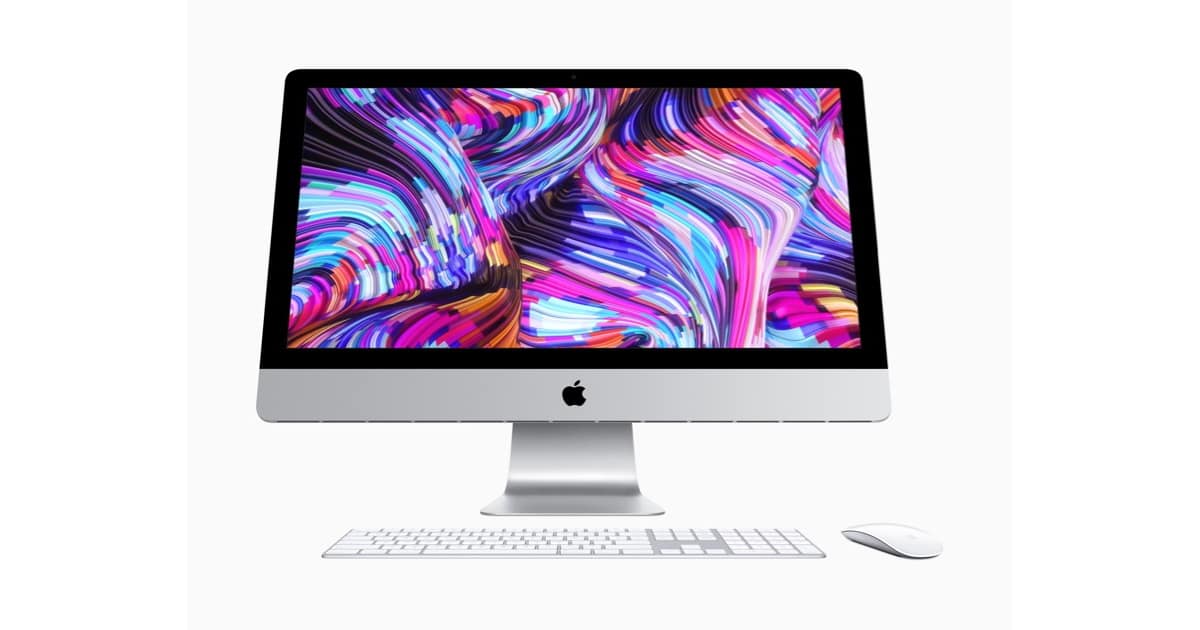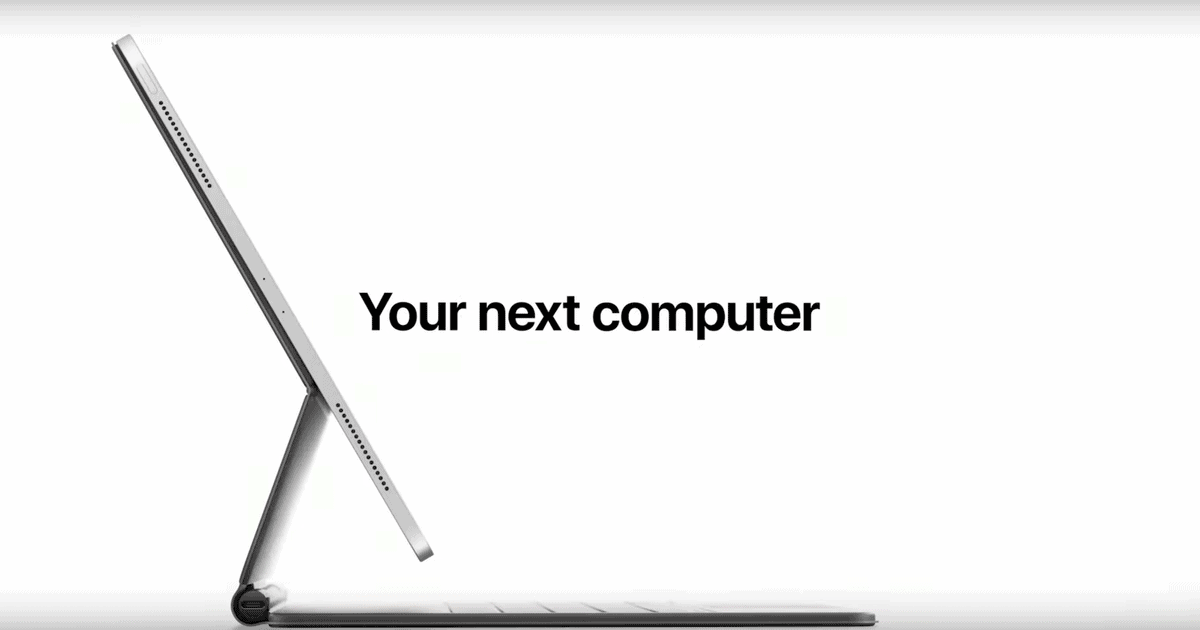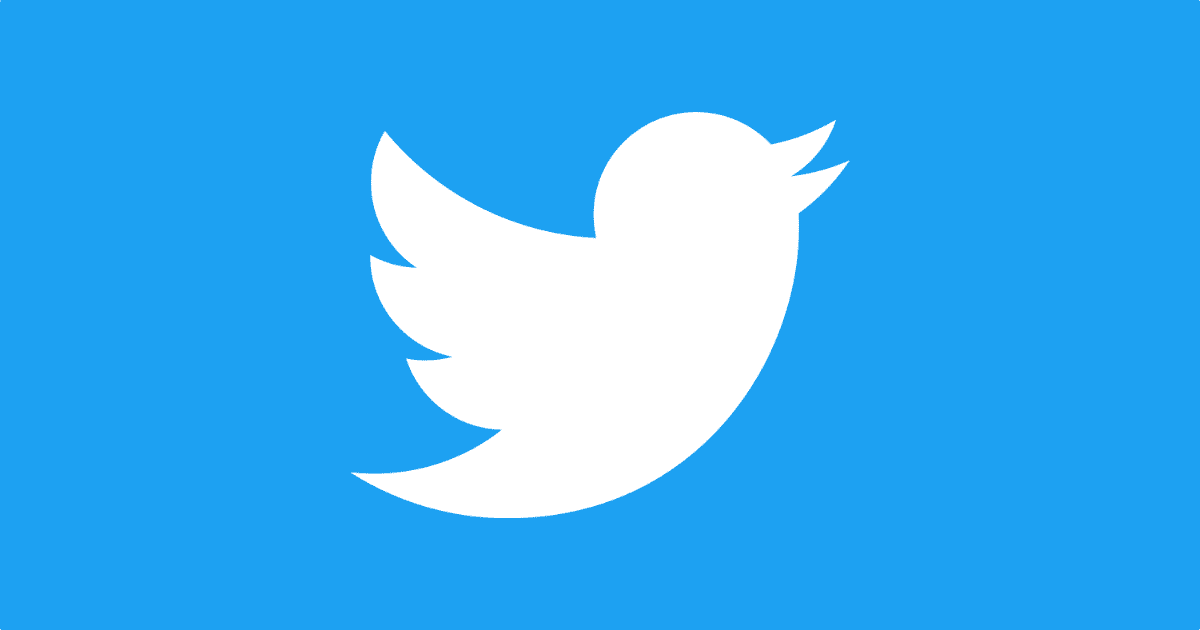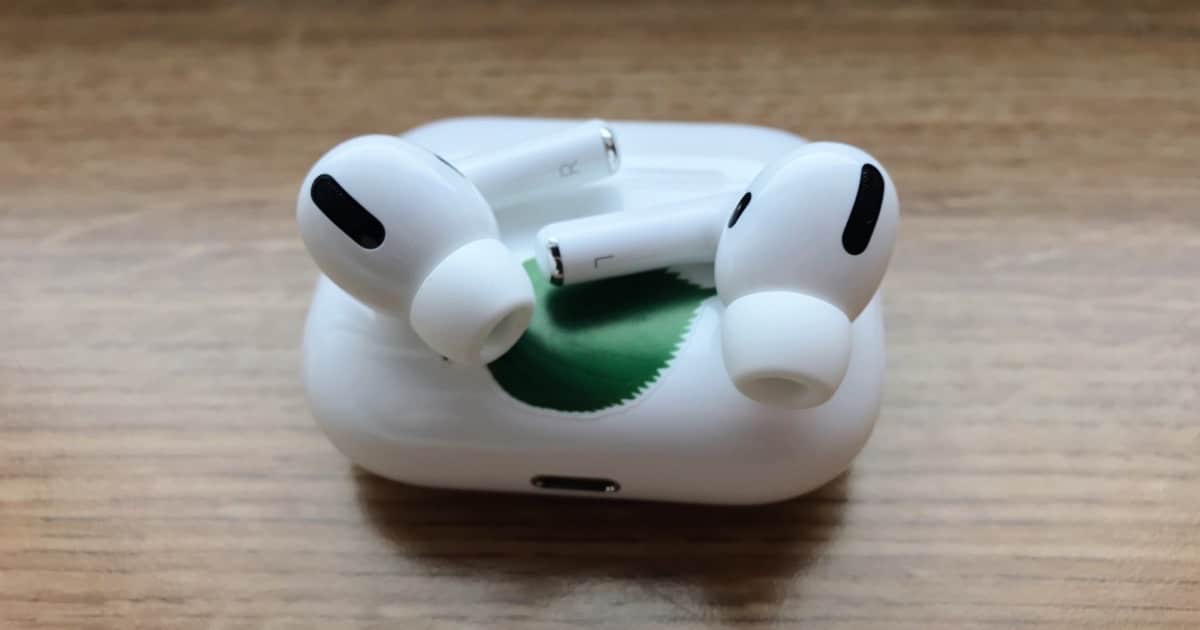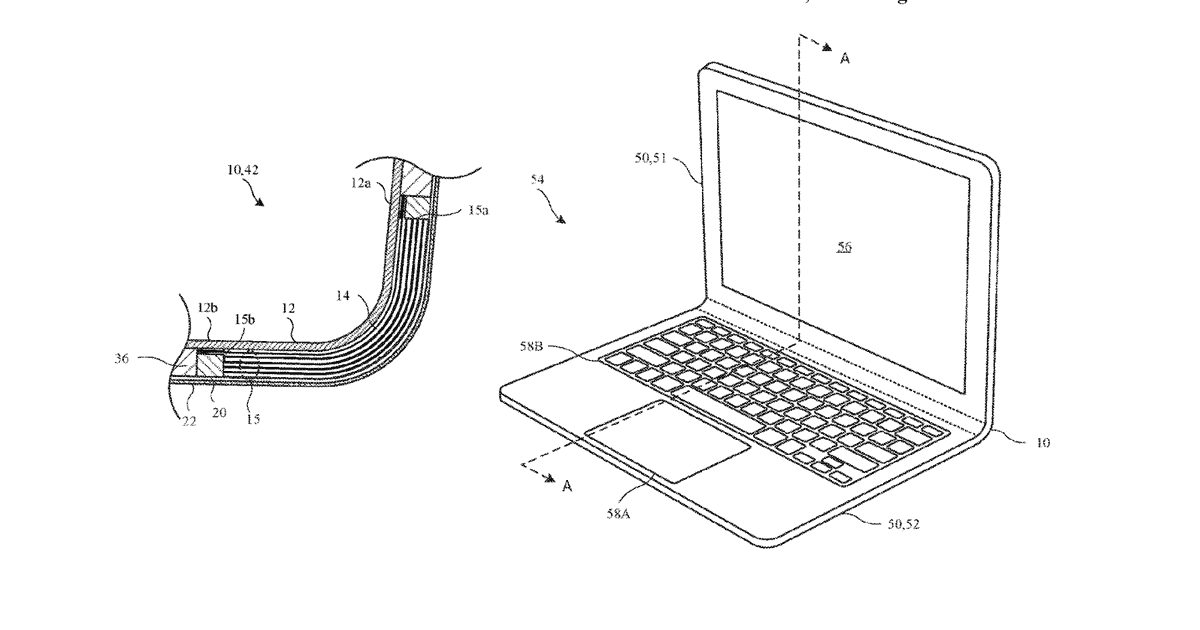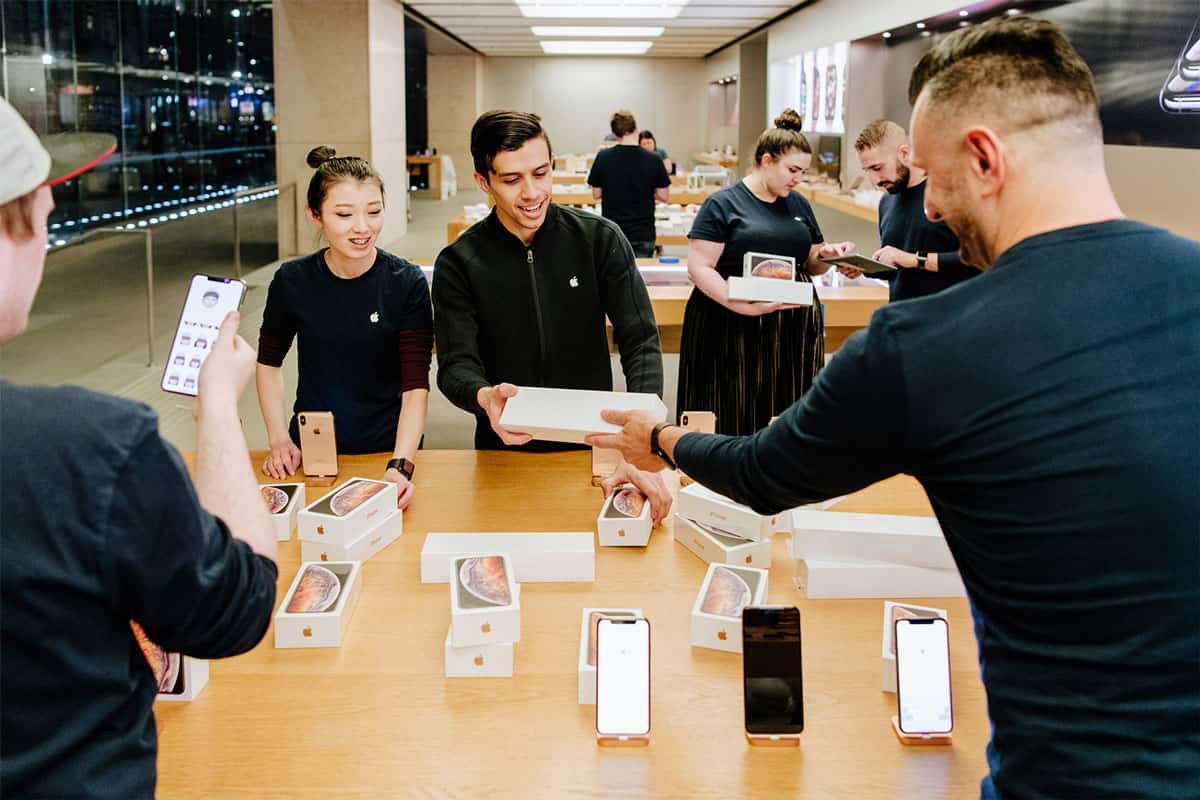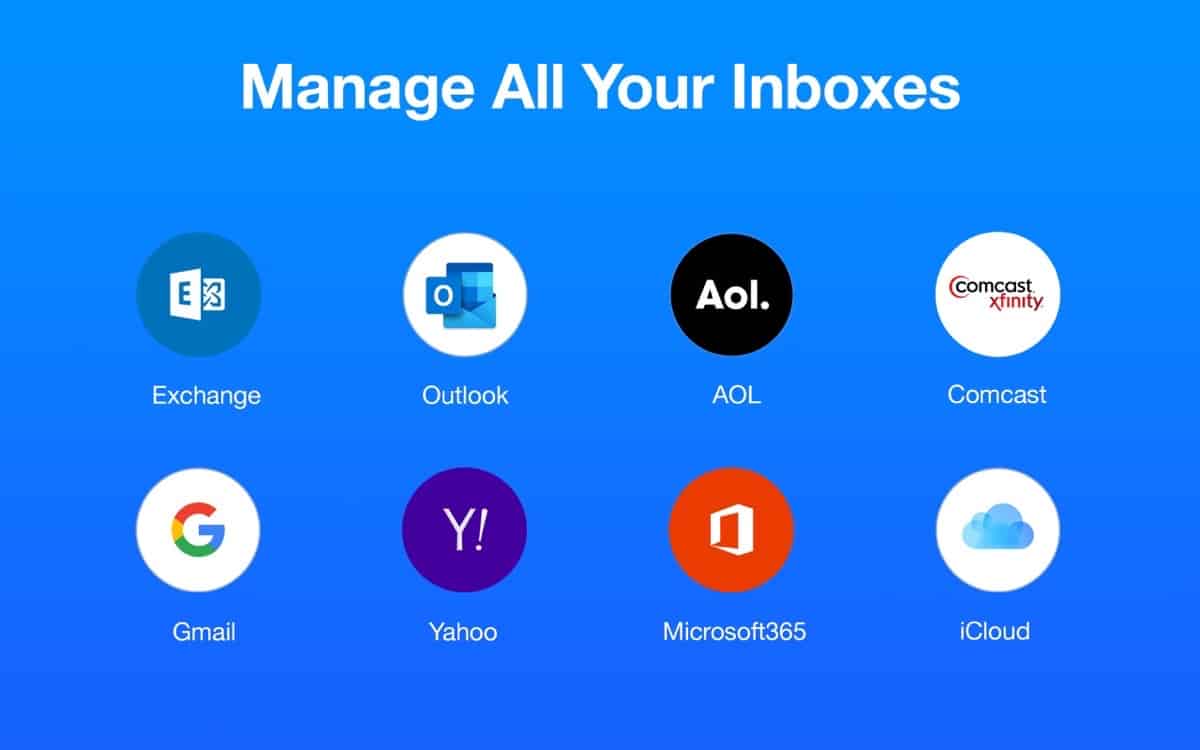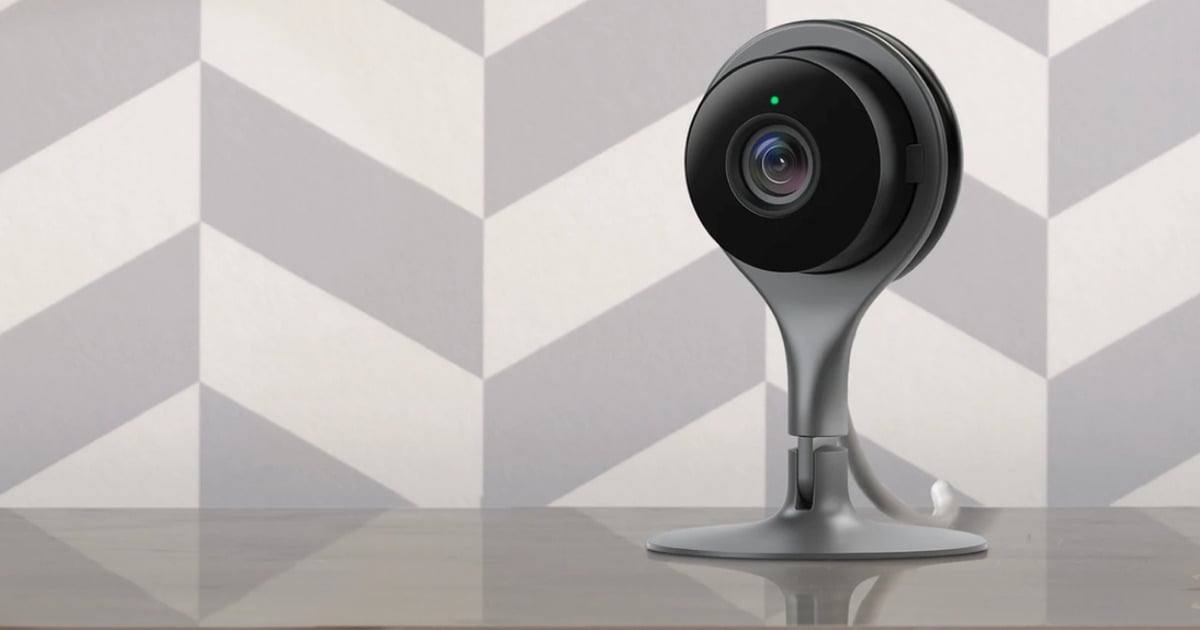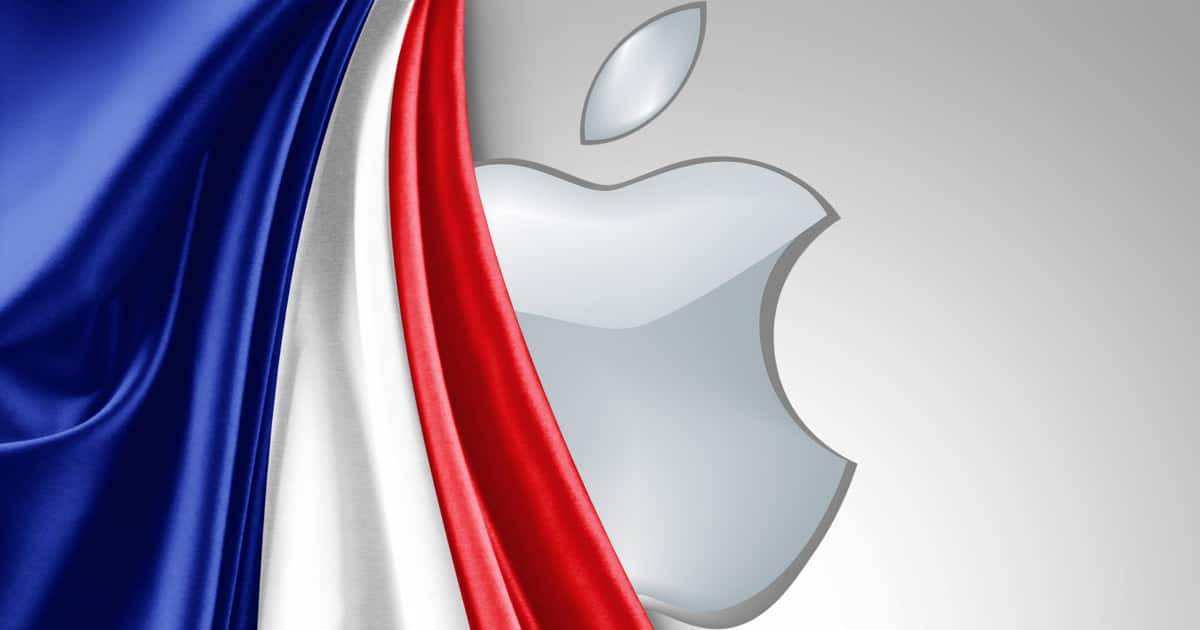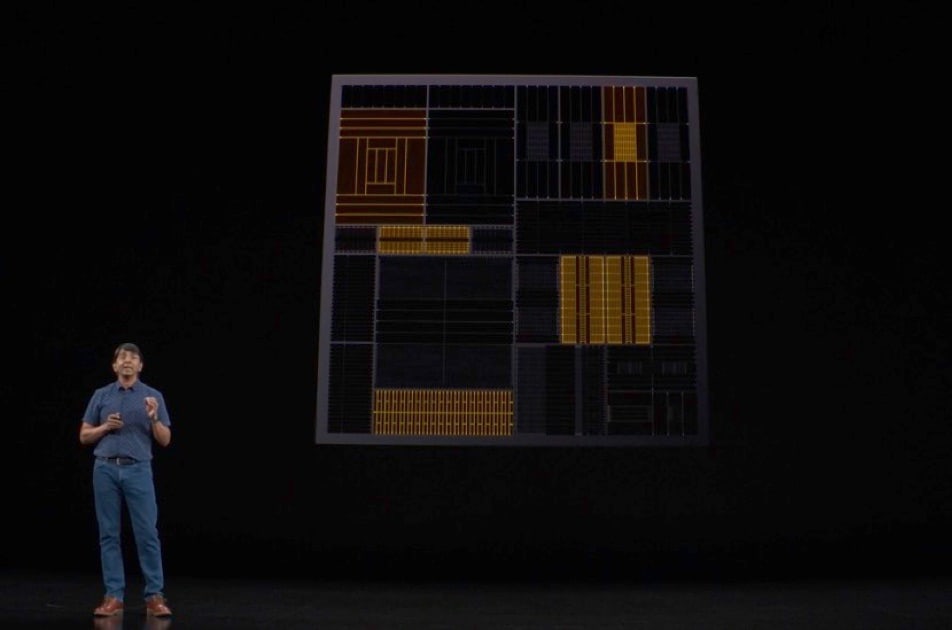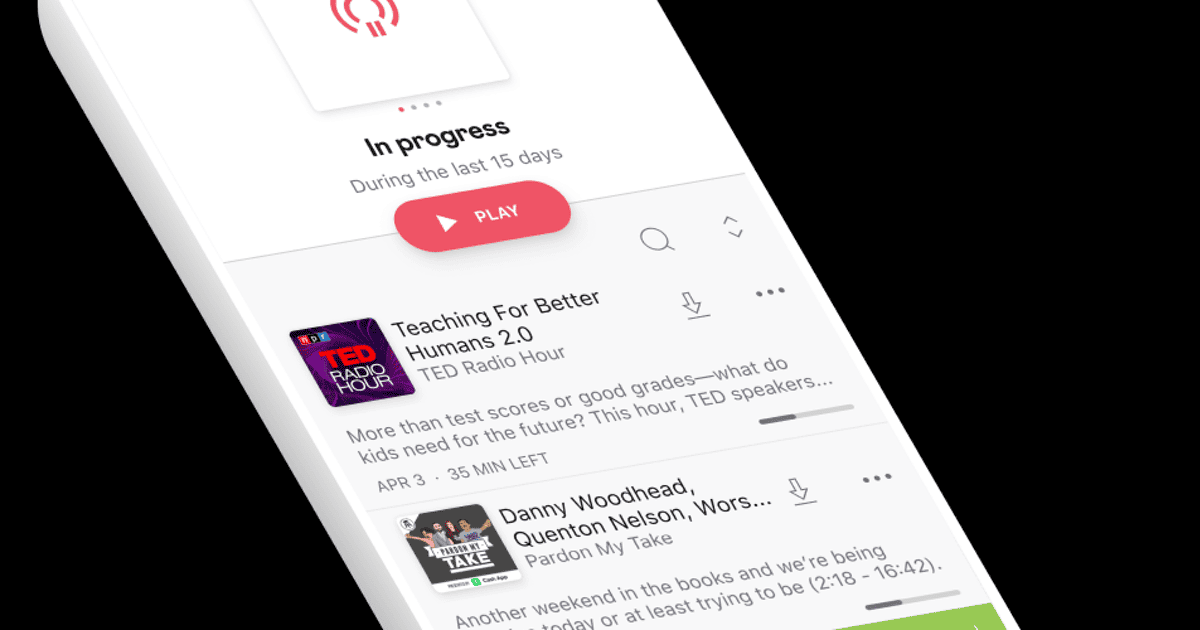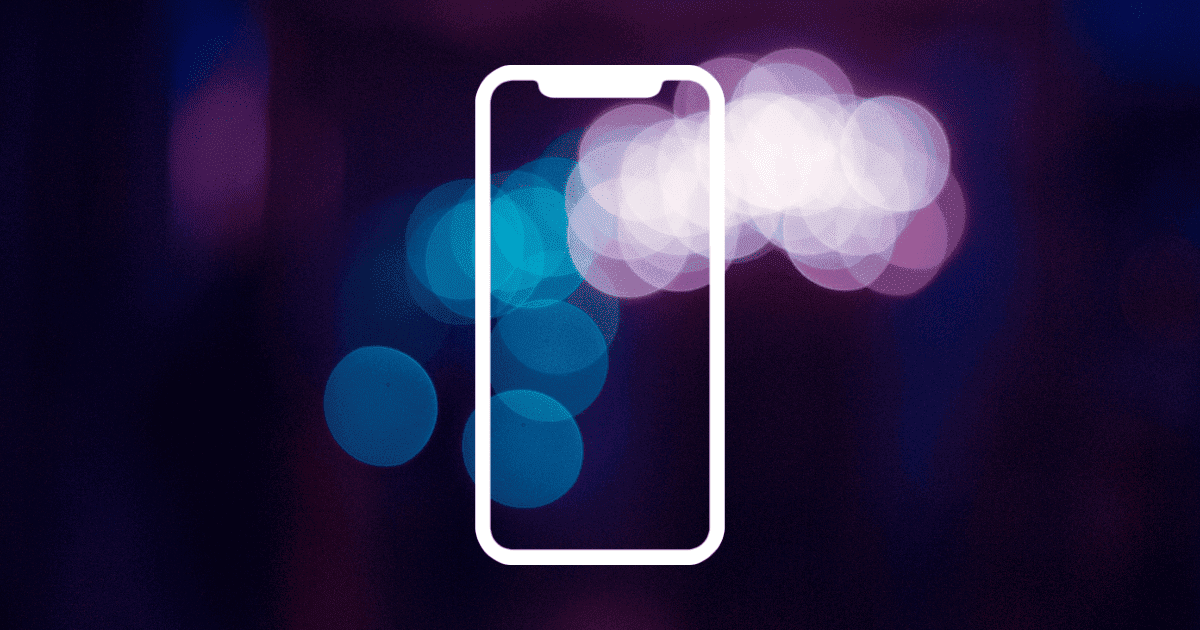Enter our new international giveaway for a chance to win the brand new iPhone 16 Pro.
New iMac and AirPods 'Ready to Ship'
Updated iMacs and AirPods are apparently “ready to ship” and “could drop at any time,” according to a well-known source of leaked information.
Craig Federighi Explains How Apple Reinvented The Cursor For The iPad
One of the big ‘wow’ moments when Apple unveiled the new iPad Pro with Magic Keyboard was the way it integrated a new kind of cursor. In an interview with Techcrunch, Apple SVP Craig Federighi explains how the company did.
In some ways, the work on the new iPad OS cursor began with the Apple TV’s refreshed interface back in 2015. If you’ve noticed some similarities between the way that the cursor behaves on iPad OS and the way it works on Apple TV, you’re not alone. There is the familiar ‘jumping’ from one point of interest to another, for instance, and the slight sheen of a button as you move your finger while ‘hovering’ on it. “There was a process to figure out exactly how various elements would work together,” Federighi says. “We knew we wanted a very touch-centric cursor that was not conveying an unnecessary level of precision. We knew we had a focus experience similar to Apple TV that we could take advantage of in a delightful way. We knew that when dealing with text we wanted to provide a greater sense of feedback.”“Part of what I love so much about what’s happened with iPadOS is the way that we’ve drawn from so many sources. The experience draws from our work on tvOS, from years of work on the Mac, and from the origins of iPhone X and early iPad, creating something new that feels really natural for iPad.”
Hacker Bribed Roblox Insider to Access Kids’ Data
Motherboard reports that a hacker had bribed a Roblox insider to access the data of over 100 million users.
“I did this only to prove a point to them,” the hacker told Motherboard in an online chat. Motherboard granted the hacker anonymity to speak more candidly about a criminal incident.
Beyond just viewing user data, the hacker was able to reset passwords and change user data too […] The hacker said they changed the password for two accounts and sold their items. One of the screenshots appears to show the successful change of two-factor authentication settings […]
Proving a point my a**. This person tried to claim a bug bounty from Roblox. They denied it because he/she acted “more maliciously than a legitimate security researcher.” He messed with the accounts after denial, so his point was revenge.
Update: A Roblox spokesperson informed me that only a small amount of customers were affected, not 100 million, and immediate action was taken to address the issue. Additionally, it was a Roblox insider and not an employee.
Firefox 76 Improves Built-In Password Manager
Mozilla released Firefox 76 today, bringing improvements to the browser’s Lockwise password manager. It also gives Mac users picture-in-picture functionality.
Firefox Lockwise will require a device’s account password before allowing a saved password to be copied, and it will let users know if a website breach has occurred that compromises a login and password.
It also provides an alert for vulnerable passwords, which are passwords used for more than one site. The password generating feature that creates random passwords has also been rolled out to more sites.
That’s great to know. I had no idea Firefox had a built-in PM.
Twitter Testing Sending Prompt to Users Posting 'Offensive' Replies
Twitter is to test sending prompts to users who may be using “offensive or hurtful language” in their replies.
Apple Releases Firmware Update 2D15 for AirPods Pro
Today Apple released firmware version 2D15 for AirPods Pro. This will bring all customers to one update.
WWDC 2020 Announced – TMO Daily Observations 2020-05-05
Bryan Chaffin and Dave Hamilton join host Kelly Guimont to discuss WWDC 2020, and making lemonade from the hand of lemons we’ve been dealt.
WWDC 2020 Date Set for June 22
Apple just announced the WWDC 2020 date and it will happen on June 22. As previously reported it will be a virtual conference.
Apple Patents Suggest Company Doubling Down on Bendable Designs
Apple appears to be turning an increasing amount of attention towards developing bendable designs for the MacBook and MacBook Pro. At least that’s what a new patent suggests to AppleInsider.
“Planar hinge assembly,” US Patent No 10,642,318, chiefly describes how such a design could apply to a MacBook Pro-style device. “A personal computing device comprises a single piece body having a seamless overall appearance and that includes a bendable portion that is capable of having a smoothly curved shape,” it says. “The single piece body includes a first part capable of carrying a display suitable for presenting visual content, and a second part that is capable of carrying an input device suitable for accepting an input action.” Apple is careful to always describe “a personal computing device,” and its details can also apply to “a smart phone cover or a tablet computer device.” But it all hinges, so to speak, on what’s referred to as “a multi-state bending assembly.”
Apple Stores in Australia and Austria Reopening This Week
Apple Stores in Australia and Austria will reopen this week, with almost all those in Australia welcoming customers from Thursday.
Edison Mail Arrives in the Mac App Store
Popular iOS email app Edison has arrived to the Mac App Store. It brings features like a Focused Inbox, Today Folder, and notification muting, as well as analyzing user email for research and e-commerce trends. The company announced it in a blog post:
We’ve been working night and day to ensure that the Edison Mac app experience is incredible for all our consumers. Available for Yahoo, Gmail, Outlook accounts, and more, Edison offers a universal inbox that keeps all emails from multiple accounts in a single place. This means no more jumping from inbox to inbox in order to see messages in your different accounts.
Mac App Store: Edison Mail – Free
Apple and Google Ban Location Tracking in COVID Apps
Apple and Google announced on Monday that the use of location tracking in contact tracing apps is banned to preserve privacy.
Nest Introducing Two-Factor Authentication For All Users This Month
Nest is introducing two-factor authentication for users who have not migrated to a Google account or turned the feature on already.
France Claims Apple is Undermining its COVID App Efforts
On Tuesday the French government accused Apple of undermining its efforts with its contact tracing app “StopCovid.”
Apple’s iPhones normally block access to Bluetooth unless the user is actively running an app. French officials want Apple to change the settings to let their app access Bluetooth in the background, so it is always on. So far, they say, Apple has refused.
O, the French minister, said he could not explain the reasoning behind Apple’s decision on Bluetooth. “We consider that oversight of the healthcare system, fighting the coronavirus, is a matter for governments and not necessarily for big American companies,” he said.
As we pointed out on our Daily Observations podcast, most people aren’t going to care about the privacy aspects of these apps. But they will care about battery life, and apps like these constantly using Bluetooth in the background will undoubtedly be a factor, Bluetooth Low Energy or not.
What Are ARM Processors And Why Does Apple Want Them in Macs?
While nothing has been confirmed, there is lots of talk that Apple wants to put its own, custom-made, ARM processors into upcoming Macs. But what exactly is one, and why is Apple so keen to introduce them to Macs? iMore has a great explainer.
Apple designs its own CPUs and CPU cores that implement ARM instruction sets. The company’s work is completely custom, rather than a repackage of ARM processors. Theoretically, Apple could license x86, the instruction set architecture used in processors from Intel and AMD, and build custom desktop and laptop chips that way, but the team is by now versed in ARM, and chips made with the ARM instruction set are known for their lower power consumption compared to x86. This is all a way of saying that “ARM transition,” while a convenient shorthand, doesn’t fully describe what we expect to happen with upcoming Macs. We expect that, like the A-series chips in iPhones, iPads, and Apple TVs, Apple’s Mac processors will be completely custom.
UK Coronavirus Contact Tracing App Gets App Store Approval
The UK’s coronavirus contact tracing app has been approved by the Apple App Store and Google Play Store, BBC News reported. Testing will now begin on the Isle of Wight, in the UK’s Channel Islands.
Project chiefs have said their so-called “centralised” approach gives them advantages over a rival scheme advocated by the US tech giants and some privacy experts. But fresh concerns have been raised. The Information Commissioner’s Office has declared that “as a general rule, a decentralised approach” would better follow its principle that organisations should minimise the amount of personal data they collect. The House of Commons’ Human Rights Select Committee also discussed fears about plans to extend the app to record location data.
Assoc. Professor of Psychiatry Dr. Jud Brewer - TMO BGM Interview
Dr. Jud Brewer is the Director of Research and Innovation at the Mindfulness Center and associate professor in psychiatry at the School of Medicine at Brown University, as well as a research affiliate at MIT.
As an addiction psychiatrist, Dr. Jud has developed and tested novel mindfulness programs for habit change, including both in-person and app-based treatments for smoking, emotional eating, and anxiety. He is the author of The Craving Mind: from cigarettes to smartphones to love, why we get hooked and how we can break bad habits.
In this sparkling and entertaining interview, I pepper Jud with questions about his chosen career, consciousness, mindfulness, reward-behavior, breaking bad habits and how to cope with the isolation and stress of our current pandemic. You should get into the habit of listening to Dr. Jud!
Over 750 Courses on AWS, Azure, Python, Linux, SQL, More: $79.99
We have a deal on the Complete Developer & IT Pro Library, a collection of more than 750 training courses covering Amazon Web Services (AWS), Python, Linux, SQL, Java, Microsoft, Cisco…and a lot more. The deal is for lifetime access to these courses for $79.99
This Pandemic Gives More Power to Big Tech
Kara Swisher wrote for The New York Times about how this pandemic will put even more power into the collective hands of Big Tech companies.
Now, as we turn to the healthy companies to help us revive the economy, it could be that the only ones with real immunity are the tech giants. In this way, Covid-19 has accelerated their rise and tightened their grip on our lives. And this consolidation of power, combined with Big Tech’s control of data, automation, robotics, artificial intelligence, media, advertising, retail and even autonomous tech, is daunting.
This has been my fear as well. What happens to all the small businesses unable to loans from the government and money from customers? They get swallowed by delivery apps, whether it’s for groceries, alcohol, or other goods.
SiriusXM Launches Prince and Other Dedicated Artist Channels
SiriusXM – which has extended free subscriptions until May 31 – has launched a channel dedicated to Prince. Other artists, including Metallica, Led Zeppelin, and Guns N’Roses, have been given their own channels too. The channels will only be available for a limited time.
Deezer iOS App Gets New 'In Progress' Podcast Feature
Deezer has launched a new “In Progress” podcast feature on its iOS and web versions that puts unfinished podcast episodes in one place.
'The Morning Show' Showrunner Extends Deal With Apple
Kerry Ehrin, showrunner on Apple TV+ flagship ‘The Morning Show’, has signed a multi-year extension to her deal with Apple.
Apple's U1 Chip Could Change The iPhone
There was discussion about whether or not the latest iPad Pros have Apple’s U1 ultra wideband chips in them (spoiler alert: they haven’t). However, the processors could have a dramatic effect on the next generation of iPhone, as Samuel Axon explained for Wired.
Apple has been silent about its long-term plans for the chip, but researchers have found many applications for UWB. It was initially pitched to consumers (with little success) as a way to rapidly transfer large files to nearby personal devices, but the proliferation of smart home and location-based technologies has given it a new life. For example, UWB could be used to unlock your automobile door when you approach it. While this is possible with other wireless technologies, UWB is significantly more accurate than, say, Bluetooth Low Energy – accurate enough to know which specific door you’re standing next to, so only that one is unlocked. Leaks from Cupertino have indicated that Apple plans a competitor for Tile – the electronic tags you attach to valuables so you can locate them with an app. Because Tile products rely on Bluetooth LE, U1-equipped smartphones and locator tags would be more accurate at finding a precise location.
You Can Now Lock Google Drive on iOS With Face ID, Touch ID
Today Google updated Google Drive on iOS with a feature called Privacy Screen. It lets you lock the app with Face ID and Touch ID. Digital Trends notes:
The feature is activated each time you close the Drive app and reopen it and also locks files if you switch between Google Drive and another app, according to a Google spokesperson. You’ll have the option to turn this feature on and adjust its timing in Drive settings.
I personally would like Apple to let us lock every app with Face ID / Touch ID. Apps can clearly do this by themselves, but having it “baked” into the operating system is ideal.
App Store: Google Drive – Free

